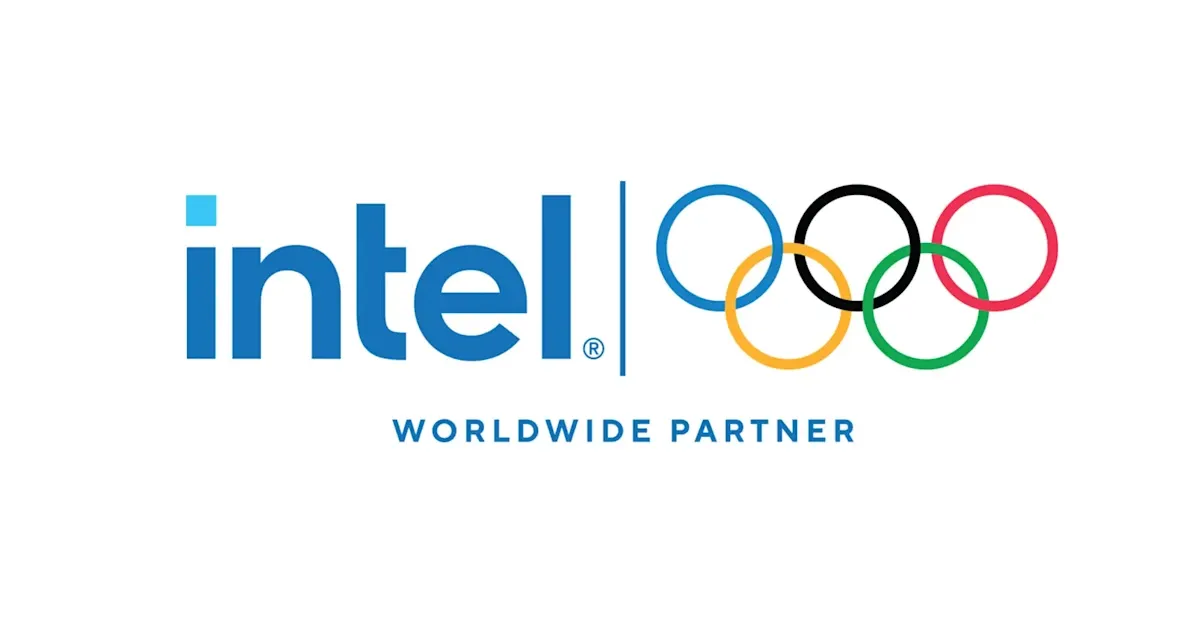Intel’s AI breakthroughs at Paris 2024 Olympics
Intel sets the stage for technological shifts at the Olympic and paralympic games Paris 2024, deploying AI solutions to alter the global sporting event.

Intel announced its plan to showcase artificial intelligence (AI) innovations at the Olympic and Paralympic Games Paris 2024. As the official worldwide AI platform partner, Intel aims to transform the experience with AI-driven enhancements for athletes, fans, and viewers globally.
The initiative includes an immersive sports experience allowing fans to access technology that assesses athletic potential and the first Olympics to feature end-to-end 8k livestreaming capabilities. Advancements also aim to improve accessibility at selected venues, ensuring an environment for all attendees.
Sarah Vickers, head of Intel's Olympic and Paralympic Games office, noted the impact of these technologies. “This summer, Intel will accelerate its mission of bringing AI Everywhere using Intel solutions at Paris 2024, showcasing the powerful potential of technology and AI to create immersive and interactive experiences at the Olympic and Paralympic Games Paris 2024 for millions around the world.” she stated.
Paris 2024 is set to be among the largest events hosted in France, with around 15,000 athletes and billions of viewers worldwide. The International Olympic Committee (IOC) will incorporate Intel AI technology in various aspects of the games, from operations to viewer engagement.
Intel will introduce an AI-powered fan activation, allowing spectators to virtually experience the journey of becoming an Olympic athlete. This feature uses Intel Gaudi accelerators and Intel Xeon® processors optimized with OpenVINO™, providing real-time analysis of athletic skills tailored to match a user's profile to an Olympic sport.

Intel's focus on accessibility will be demonstrated through AI applications designed for the visually impaired. These applications, built on Intel Xeon® processors, include 3d models for indoor and voice navigation at key venues, enhancing the experience for all participants.
The 8k live OTT broadcast workflow is set to redefine broadcasting standards at the Olympics. Using Intel Xeon® scalable processors and deep learning boost technology, this feature will deliver high-resolution, low-latency streaming to audiences worldwide.
Intel's efforts also include preserving the legacy of the Olympic games through neural object cloning, which transforms video footage into 3D digital artifacts, allowing exploration of Olympic history.
The partnership between Intel and the IOC continues to influence the evolution of sports technology, ensuring that the Paris 2024 olympics will not only celebrate athletic prowess but also technological shifts.

AI in sports
Artificial intelligence is increasingly becoming a crucial part of sports, beyond just Intel's innovations. Several other companies and technologies are pushing the boundaries of how AI can be integrated into sports to enhance performance, spectator experience, and operational efficiency.
One notable implementation is IBM's Watson technology, which has been used in tennis tournaments like Wimbledon and golf tournaments like the Masters. Watson analyzes game data in real-time to provide insights that help coaches and players improve strategies. Additionally, it powers fan engagement tools that generate highlight reels and match reports automatically, leveraging natural language processing to summarize games and provide statistics in an easily digestible format.
Another significant AI contribution to sports is from Stats Perform, which uses AI to power predictive analytics in various sports, including basketball and football. Their AI system analyzes historical data and real-time game statistics to predict future game outcomes, player performance, and even injury risks. This helps teams make strategic decisions about player lineups, game strategies, and training regimens.
Lastly, the use of AI in enhancing broadcasting and viewer experiences is exemplified by Canon's Free Viewpoint Video System. This system creates a virtual environment where viewers can watch a live game from any angle. The technology uses high-resolution cameras placed around the stadium to capture 3D footage, which AI algorithms then process to allow viewers to control their viewing angle, giving a personalized experience that traditional broadcasting cannot offer.
As AI technology continues to evolve, its integration into sports is changing not just how games are played and watched, but also how they are understood and enjoyed.
ContentGrow is a managed talent network for brands and publishers to work with high-quality freelance writers and journalists worldwide. Sign up to get started or book a discovery call to learn more.




